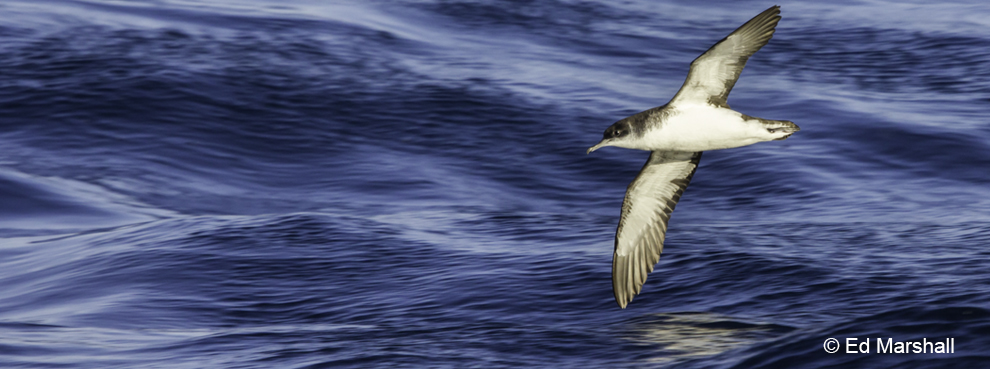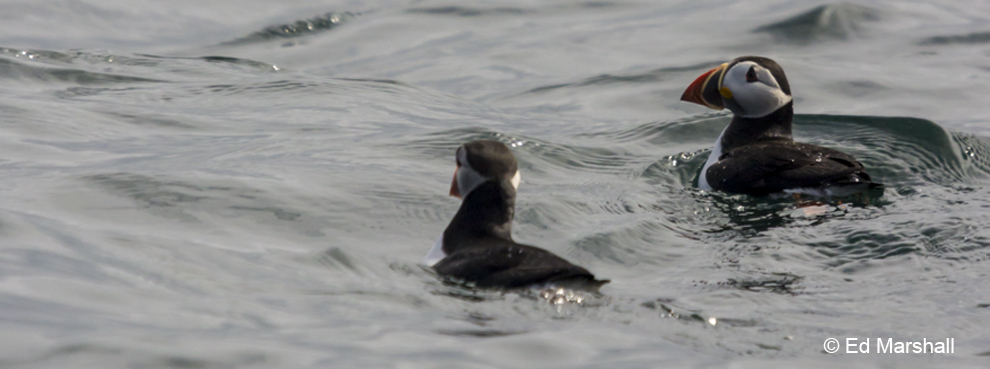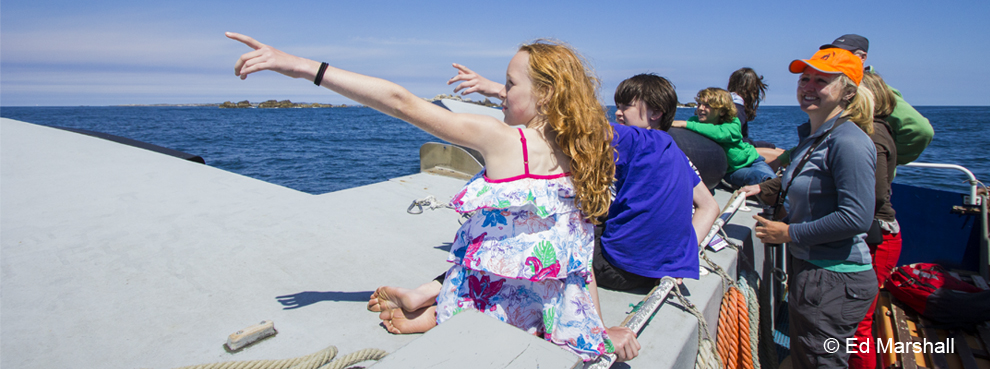Read the full press release here!
Media release
Seabirds prosper as local people and conservationists come together to make St Agnes and Gugh rat-free
- St Agnes and Gugh officially rat-free after last rat was spotted in November 2013
- Rats first appeared on the islands following shipwrecks in the 1700s
- Rats would attack the eggs and helpless young of nesting seabirds on the islands
- Bird populations already starting to recover following year on year declines for 25 years
On Saturday 13 February St Agnes and Gugh in the Isles of Scilly have been declared officially rat-free after passing a thorough month-long inspection two years after the last signs of rat activity were spotted.
This is the world’s largest community-led rat removal project. Local volunteers worked with conservationists from the Isles of Scilly Seabird Recovery Project and island restoration specialists Wildlife Management International Ltd(WMIL) to rid their islands of the rats that were killing seabirds. The project has been a huge success and benefitted from essential support from EU LIFE and the Heritage Lottery Fund as well as local organisations.
Brown rats arrived on the islands in the 18th century following several shipwrecks. The population of rats grew and became harmful to the burrow-nesting seabirds that lived on the islands, including European storm petrels and Manx shearwaters. With numbers of these species declining since the 1980s the removal of the rats was essential to the protection of the seabirds.
Work began in 2013 with an intensive six-month operation to monitor rat activity on the islands. WMIL worked with over 30 local volunteers to find rat nests and signs of activity. This information was used to create a strategy for eradicating the rat population, with an intensive programme of baiting and poisoning for a month in the winter.
Baiting started on 8 November 2013 and continued every day, as the days passed the amount of bait taken was monitored. And by the end of the month the last evidence of rats was observed. Treatment and community projects continued, but no further rat activity was detected.
The specialists returned at the beginning of the year to check for any signs that rats might still be present on the islands. Having completed this follow-up survey St Agnes and Gugh now meet the international criteria to be declared rat-free.
Since the removal of the rat population, the project team has observed both Manx shearwaters European storm petrels successfully breeding on the islands for the first time in living memory, with over 40 chicks being recorded on the islands in the last two years.
Jaclyn Pearson from the RSPB, who manages the project said: “Getting to this stage is a fantastic achievement and everyone involved is delighted that the islands are now officially rat free. This, and the recovery of the seabirds so early on, is testament to the hard work of the team and the 100% support from the local community. We look forward to continuing to work with the community for the next two years of the project and beyond.”
Elizabeth Bell, Senior Ecologist, Wildlife Management International Ltd says: “The eradication of non-native brown rats from St Agnes and Gugh demonstrates that the techniques of ground‐based bait station operations can be successfully utilised on inhabited islands throughout the UK and the world.”
Sarah Mason, CEO of Isles of Scilly Wildlife Trust, which looks after most of the land on which the seabirds breed says: “This is fantastic news for the seabirds of Scilly. The Trust’s land management work is now more important than ever; we must ensure that habitats across the islands are suitable for our iconic seabirds so that they can be enjoyed by future generations.”
Local representative Richard McCarthy says: “St Agnes and Gugh are very special places. When I first learned that our community was being selected for this project, I was only too pleased to encourage fellow islanders to back rat removal. The speed with which this was achieved and seabird recovery began has surprised us all. Young and old, we must now do our level best to ensure that as far as possible we minimise the likelihood of rats returning.”
Project Supervisor Paul St Pierre, RSPB says: “This has been an amazing journey working with inspiring people to conserve some amazing birds. The work on St Agnes and Gugh is just the latest of an increasing number of successful island restoration projects that have taken place around the UK in recent years, helping many of the UK's much loved but vulnerable seabird species. St Agnes and Gugh have provided an excellent training ground for a generation of conservationists who can now use their skills on similar projects in the UK and elsewhere around the world.”
ENDS
Follow @RSPBNews for the latest news
For further information and to arrange an interview, please contact:
Gareth Brede, senior media officer: 01767 693221 / gareth.brede@rspb.org.uk
Broadcast-quality radio interviews:
To arrange an ISDN broadcast-quality radio interview please contact Gareth Brede at the RSPB press office.
Notes
- This is a partnership project between RSPB, Isles of Scilly Wildlife Trust, Isles of Scilly Area of Outstanding Natural Beauty, Natural England and Duchy of Cornwall.
- HLF awarded the project £269,100, alongside EU Life fund £460,255, with further contributions from Isles of Scilly AONB Sustainable Development Fund, The Duchy of Cornwall, Isle of Scilly Wildlife Trust and Natural England.
- For more details of the project and techniques visit: http://www.ios-seabirds.org.uk
- RSPB, WMIL and many of the same staff are currently working on a similar project in the remote Hebridean Shiant Islands.(www.rspb.org.uk/joinandhelp/donations/campaigns/shiantisles/work/index.html) These projects are all part of a wider strategy to protect the UK's fragile island ecosystems from the threats of invasive non-native species such as rats and mink, a strategy that includes developing world-class eradication methods for UK islands and training staff to these high standards.
- International convention: As an internationally recognised convention, island managers normally wait or monitor for the lifespan of a wild rat (i.e. 2-years) or at least two rodent breeding seasons before confirming rat-free status. This gives time for any remaining rats to breed up to a level where they are likely to be detected. The final check prior to confirming rat-free status requires an island-wide intensive monitoring period using a range of monitoring tools to detect whether any rats are present.
- The islands are home to 13 species of breeding seabirds; approximately 17,000 individuals, including European storm petrels (Hydrobates pelagicus) and Manx shearwaters (Puffinus puffinus) for which the UK holds most of the world population.
- The RSPB is the UK’s largest nature conservation charity, inspiring everyone to give nature a home. Together with our partners, we protect threatened birds and wildlife so our towns, coast and countryside will teem with life once again. We play a leading role in BirdLife International, a worldwide partnership of nature conservation organisations.
The Royal Society for the Protection of Birds
The Lodge, Sandy, Beds SG19 2DL
Press office telephone: 01767 681577
The Royal Society for the Protection of Birds (RSPB) is a registered charity.
In England and Wales, no: 207076.
In Scotland, no: SC037654.
















